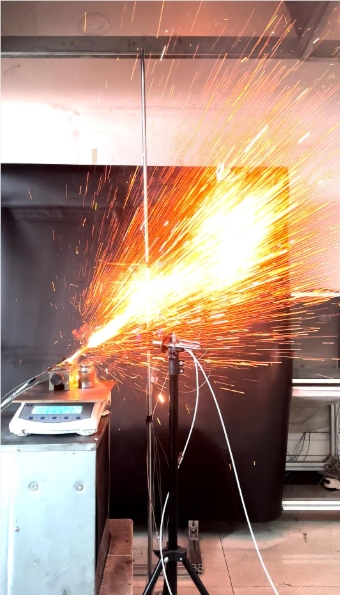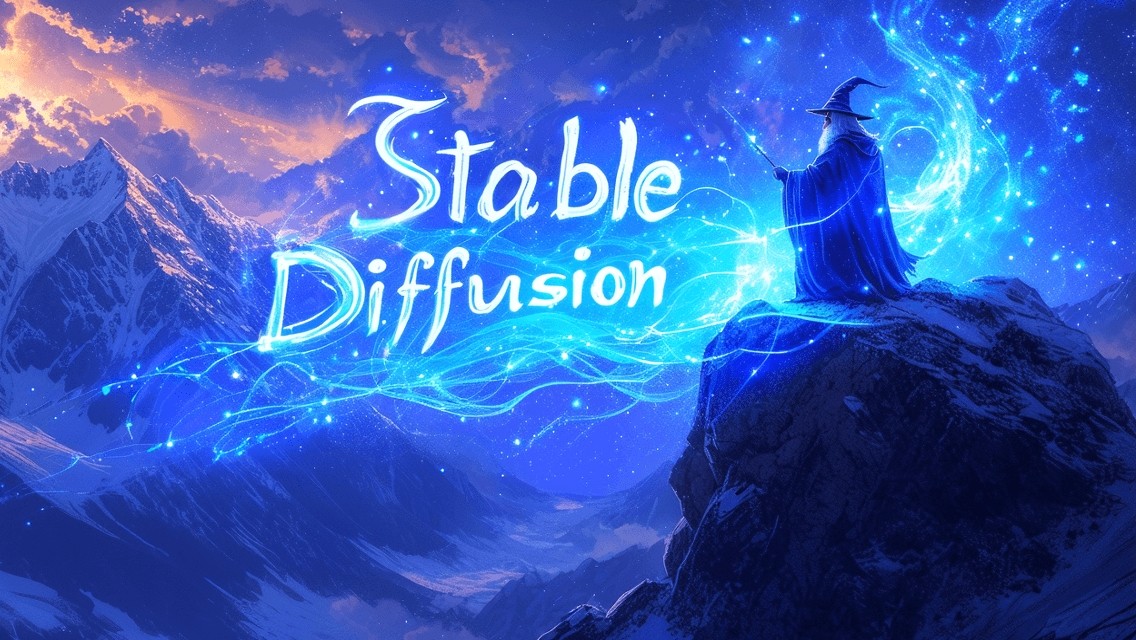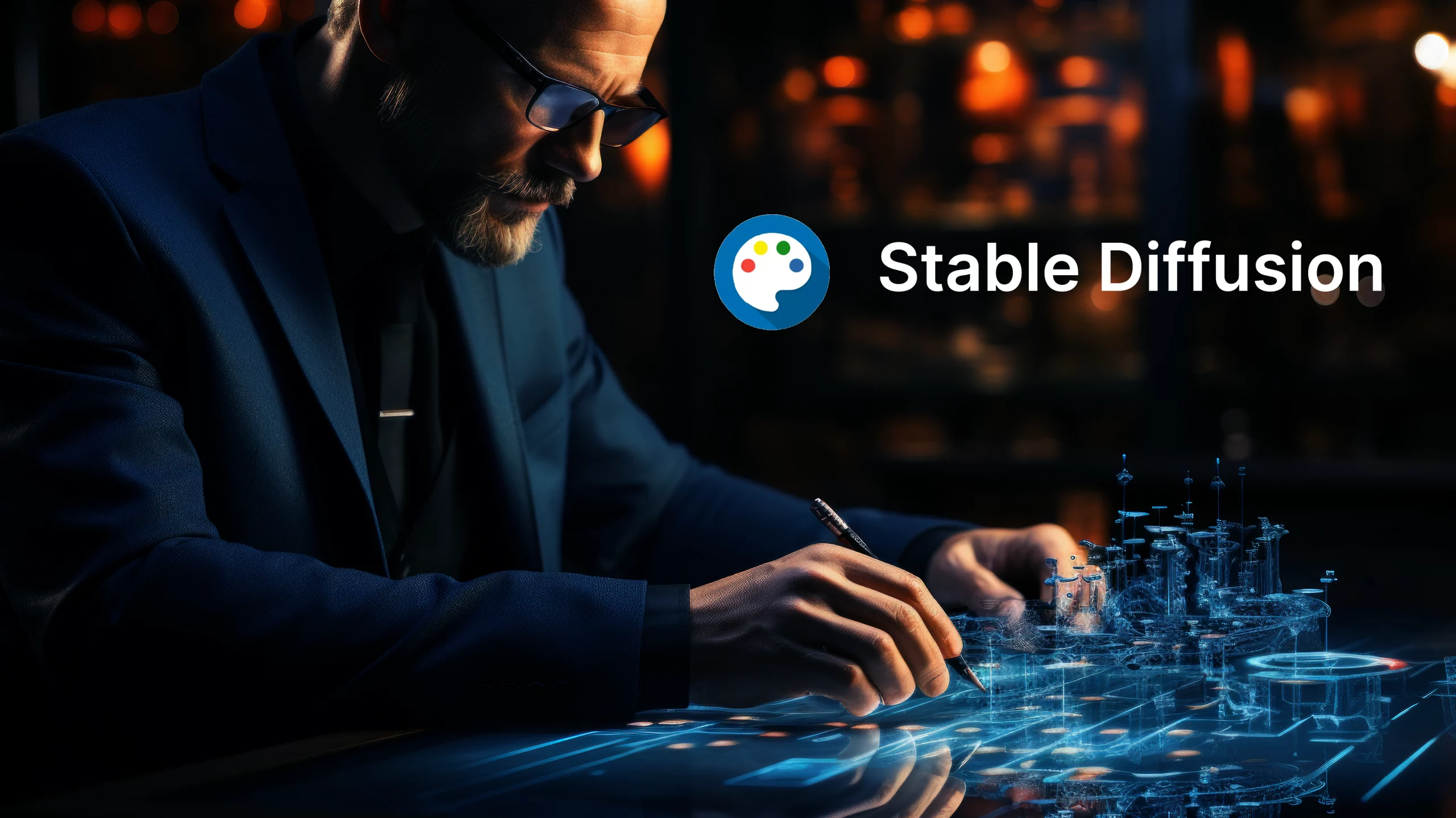Lithium-ion batteries can be found in every corner of our lives, from mobile phones and laptops to e-bikes and electric cars, and these batteries are popular for their high energy density. However, once lithium-ion batteries are overheated or damaged, they can trigger a thermal runaway reaction that can lead to a fire or explosion. Especially in 2023, the New York City Fire Department received 268 residential fires caused by electric bicycle batteries, resulting in 150 injuries and 18 deaths. Faced with the growing risk of fires, a research team at the National Institute of Standards and Technology (NIST) is working on developing a new technology that uses sound to detect lithium battery fires.

Researchers at NIST found that just before a lithium-ion battery catches fire, a chemical reaction occurs inside the battery, causing air pressure to increase and the battery casing to begin to expand. Many lithium-ion batteries are equipped with a safety valve. When the internal pressure is too high, the safety valve will rupture and release gas, making a "hissing" sound similar to opening a drink bottle. The researchers noticed the sound while watching videos of batteries exploding and decided to further verify its feasibility.
To train the machine learning algorithm to recognize this specific sound, the researchers worked with a laboratory at Xi'an University of Science and Technology to record 38 audio samples from before the battery exploded and adjusted their speed and pitch to generate more than 1,000 unique audio samples. sample. After training, the recognition rate of the algorithm is as high as 94%. The researchers were able to detect the sound of an overheating battery through a microphone mounted on the camera. In order to verify the effectiveness of the algorithm, the researchers also conducted interference experiments with various noises. The results showed that only a very small amount of noise could confuse the detector.
Currently, the research team has presented their research results at the Asia-Pacific Fire Science and Technology Symposium and applied for a patent. In the future, they plan to test a wider variety of batteries and microphones to confirm the warning time for a ruptured safety valve, which is typically about two minutes before a battery fails. Eventually, this technology is expected to be developed into a new type of fire alarm, installed in homes, offices, and even warehouses and electric vehicle parking lots with a large number of batteries, to provide people with early warning of fires.
AI courses are suitable for people who are interested in artificial intelligence technology, including but not limited to students, engineers, data scientists, developers, and professionals in AI technology.
The course content ranges from basic to advanced. Beginners can choose basic courses and gradually go into more complex algorithms and applications.
Learning AI requires a certain mathematical foundation (such as linear algebra, probability theory, calculus, etc.), as well as programming knowledge (Python is the most commonly used programming language).
You will learn the core concepts and technologies in the fields of natural language processing, computer vision, data analysis, and master the use of AI tools and frameworks for practical development.
You can work as a data scientist, machine learning engineer, AI researcher, or apply AI technology to innovate in all walks of life.







